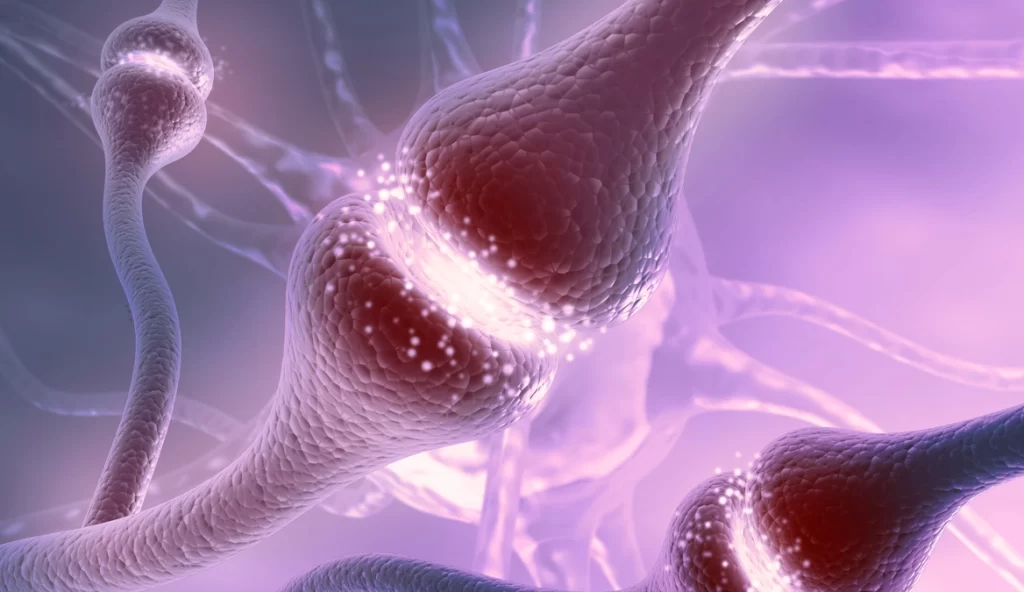Have you ever struggled to remember where you parked your car in a crowded parking lot, especially when you’re feeling stressed? That moment of forgetfulness might be more than just a minor inconvenience—it could be a direct result of how stress impacts the hippocampus, a vital structure in our brains responsible for memory storage. Stress has a profound effect on our cognitive functions, particularly our ability to recall information. As I’ve been diving deeper into understanding the intricate relationship between stress and the hippocampus, I’ve come across fascinating research, such as McEwen et al.’s (2016) study, ‘Stress Effects on Neuronal Structure: Hippocampus, Amygdala, and Prefrontal Cortex.’ Let’s explore some key insights from this research and what they mean for our understanding of stress and memory.
What: Stress is an inevitable part of life, but have you ever wondered about its effects on our brains? Specifically, let’s explore what happens to a critical brain region called the hippocampus when we’re under stress. Recent research suggests that chronic stress can lead to structural changes in the hippocampus, impairing its function and affecting memory formation, emotion regulation, and stress response.
So What: Understanding the impact of stress on the hippocampus is crucial because it sheds light on how stress can influence our mental and physical health. Prolonged exposure to stress hormones like cortisol can shrink the hippocampus, leading to memory problems, emotional dysregulation, and increased susceptibility to mental health disorders such as anxiety and depression. These effects are further exacerbated by early-life experiences, which leave lasting marks on our genes and shape our brain development and health outcomes throughout life.
Now What: What can we do to protect our hippocampus from the damaging effects of stress? While there’s no magic solution, adopting preventive health behaviors like regular exercise and a balanced diet can help mitigate stress’s impact on our brains. Additionally, certain pharmaceutical agents may promote brain plasticity and resilience to stressors, offering support in our quest for mental and physical well-being. By acknowledging the importance of early-life experiences and embracing interventions that support brain health, we can pave the way for a brighter, stress-resilient future. Let’s prioritize self-care and holistic interventions to protect and nurture this essential brain region, ensuring a healthier, happier tomorrow.
McEwen, B. S., Nasca, C., & Gray, J. D. (2016). Stress Effects on Neuronal Structure: Hippocampus, Amygdala, and Prefrontal Cortex. Neuropsychopharmacology : official publication of the American College of Neuropsychopharmacology, 41(1), 3–23. https://doi.org/10.1038/npp.2015.171


